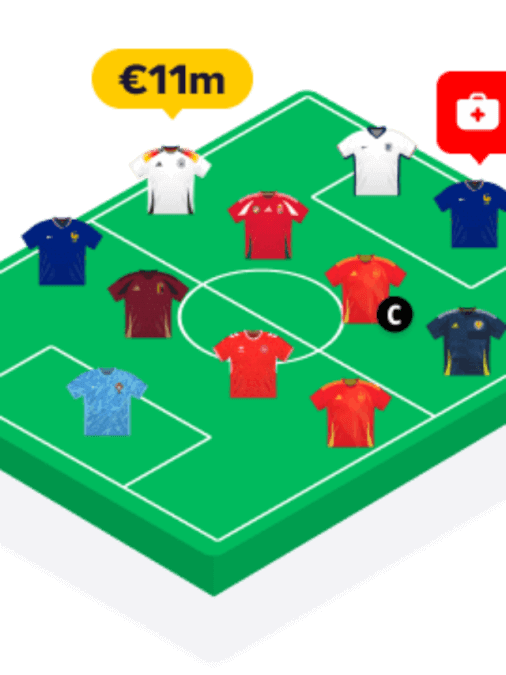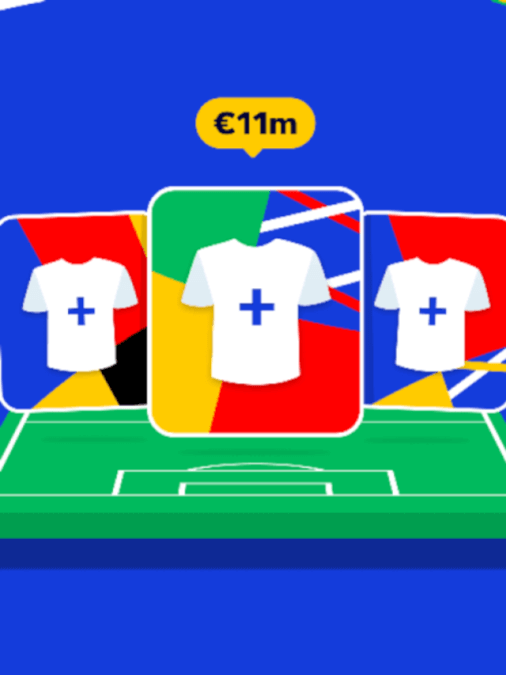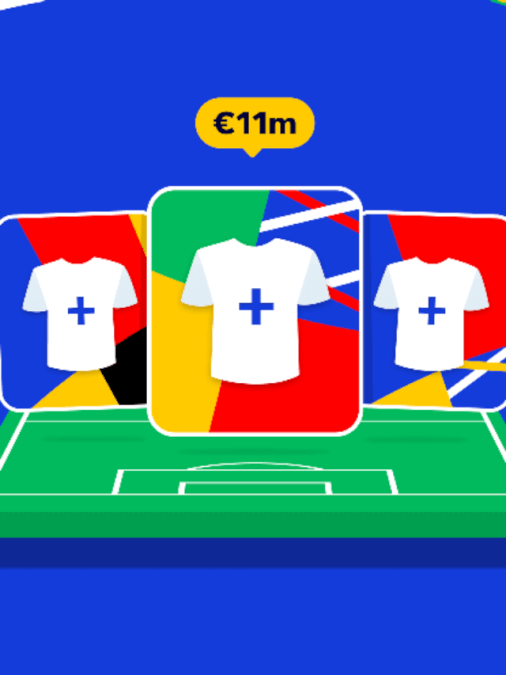When it comes to the performance of young athletes, especially in a demanding sport like football, nutrition is more than just about calories and macronutrients.
Vitamins and minerals play a critical role in ensuring athletes perform at their best, recover quickly, and maintain long-term health.
While macronutrients such as carbohydrates, proteins, and fats provide energy, vitamins and minerals support essential bodily functions, from bone health to energy production. Let’s dive into the key vitamins and minerals that are crucial for young footballers and how to incorporate them into their diet.
Key Vitamins for Football Performance
Vitamin D: The Bone Strengthener
Vitamin D is essential for bone health and muscle recovery. Football, being a physically intense sport, puts significant strain on the bones and muscles of young athletes. A deficiency in vitamin D can lead to weaker bones and slower recovery from injuries.
- Role in Football: Supports bone density, muscle strength, and the immune system, helping young athletes recover from physical exertion.
- Sources: Sunlight is the best source of vitamin D, but it can also be found in foods like fortified dairy products, fatty fish (such as salmon and mackerel), and eggs.
To ensure young athletes get enough vitamin D, encourage outdoor activities that expose them to natural sunlight. You can also include fortified foods like milk and cereals in their daily diet, much like the balanced meal ideas discussed in this guide to macronutrients for young athletes.
Vitamin C: Immunity and Muscle Repair
Vitamin C is widely known for its immune-boosting properties, but it also plays a significant role in muscle repair and recovery, making it essential for young athletes who train rigorously.
- Role in Football: Enhances iron absorption, reduces muscle soreness, and strengthens the immune system.
- Sources: Citrus fruits like oranges and lemons, strawberries, bell peppers, and broccoli are rich in vitamin C.
A quick and easy way to incorporate vitamin C into meals is by adding fruits to breakfast or snack time. For more ideas on healthy snacking, check out our snack options for young players, which offer a variety of vitamin-rich options.
B Vitamins (B6, B12, Folate): The Energy Boosters
The B vitamins are crucial for energy production, red blood cell formation, and reducing fatigue, all of which are vital for sustained performance on the field.
- Role in Football: Helps convert food into energy, supports red blood cell formation, and enhances cognitive function during matches.
- Sources: Eggs, meat, fish, and whole grains are excellent sources of B vitamins.
Including whole grains and proteins such as eggs and chicken in meals ensures that young footballers stay energized throughout the day. This can be a part of a well-rounded daily meal plan for young footballers.
Essential Minerals for Football Performance
Iron: The Oxygen Carrier
Iron is indispensable for oxygen transportation and energy production. It allows young footballers to maintain stamina during high-intensity matches.
- Role in Football: Enhances oxygen delivery to muscles, improving endurance and energy levels.
- Sources: Red meat, spinach, lentils, fortified cereals, and tofu.
Since iron deficiency can lead to fatigue and decreased performance, it’s important to include iron-rich foods like red meat or spinach in weekly meals. If you’re wondering what young athletes should eat after matches to replenish their iron stores, this post-game recovery guide offers detailed insights.
Calcium: The Muscle and Bone Supporter
Calcium is crucial for maintaining strong bones and aiding muscle function. With the constant running and tackling in football, athletes need strong bones to avoid fractures and injuries.
- Role in Football: Strengthens bones, supports muscle contractions, and aids nerve signaling.
- Sources: Dairy products like milk, cheese, and yogurt, along with leafy green vegetables and almonds.
Adding calcium-rich foods such as yogurt and cheese into post-training meals can also serve as a natural recovery snack, ensuring muscle function and bone health are supported. For more on nutritious snack options, check out our guide on healthy snacks for young footballers.
Magnesium: The Cramp Fighter
Magnesium is often overlooked, but it is vital for energy metabolism and preventing muscle cramps during and after intense physical activity.
- Role in Football: Helps with muscle relaxation, energy production, and prevents cramps.
- Sources: Nuts, seeds, whole grains, and leafy green vegetables.
Incorporating magnesium-rich foods like nuts and spinach into snacks or meals can help young players avoid muscle cramps and stay energetic throughout the game. For tips on how to maintain energy levels, take a look at our article on energy-boosting foods.
Foods Rich in Vitamins and Minerals
Here’s a quick overview of foods that are packed with the vitamins and minerals young footballers need:
| Nutrient | Food Sources |
|---|---|
| Vitamin D | Fatty fish, fortified dairy, sunlight |
| Vitamin C | Citrus fruits, bell peppers, broccoli |
| B Vitamins | Eggs, whole grains, lean meats |
| Iron | Red meat, spinach, lentils, fortified cereals |
| Calcium | Dairy products, leafy greens, almonds |
| Magnesium | Nuts, seeds, spinach, whole grains |
These nutrient-rich foods can easily be integrated into meals or snacks to ensure your young footballer gets the right balance. Want to know more about balancing meals for young athletes? Check out our detailed guide on understanding macronutrients.
Meal Ideas to Incorporate Vitamins and Minerals
Here are some simple meal ideas that incorporate a variety of vitamins and minerals:
- Breakfast: Fortified cereal with milk and a side of fruit (e.g., strawberries or oranges for vitamin C).
- Lunch: Grilled chicken wrap with spinach and bell peppers, served with a side of yogurt.
- Dinner: Baked salmon with a side of quinoa and steamed broccoli for a balance of vitamin D, calcium, and magnesium.
- Snacks: Yogurt with almonds and sunflower seeds, or an orange with a handful of mixed nuts.
For a complete breakdown of a day’s worth of meals, refer to this daily meal plan for young footballers, which ensures a well-rounded nutrient intake.
Conclusion
Vitamins and minerals are essential for young athletes to perform at their best, prevent injuries, and recover efficiently.
By incorporating nutrient-rich foods like lean meats, dairy, fruits, and vegetables, you can support your young footballer’s overall health and enhance their performance on the field.
For additional guidance on proper hydration, check out our hydration hacks to keep your athlete at peak performance.
Key Takeaways
| Nutrient | Role | Food Sources |
|---|---|---|
| Vitamin D | Bone strength, muscle recovery | Sunlight, fatty fish, fortified dairy |
| Vitamin C | Immune support, muscle repair | Citrus fruits, strawberries, bell peppers |
| B Vitamins | Energy production, reduces fatigue | Eggs, whole grains, lean meats |
| Iron | Oxygen transport, endurance | Red meat, spinach, lentils |
| Calcium | Bone health, muscle function | Dairy products, leafy greens |
| Magnesium | Muscle relaxation, prevents cramps | Nuts, seeds, spinach |
By focusing on a variety of vitamins and minerals, you can help young athletes fuel their bodies for success both on and off the football pitch!









